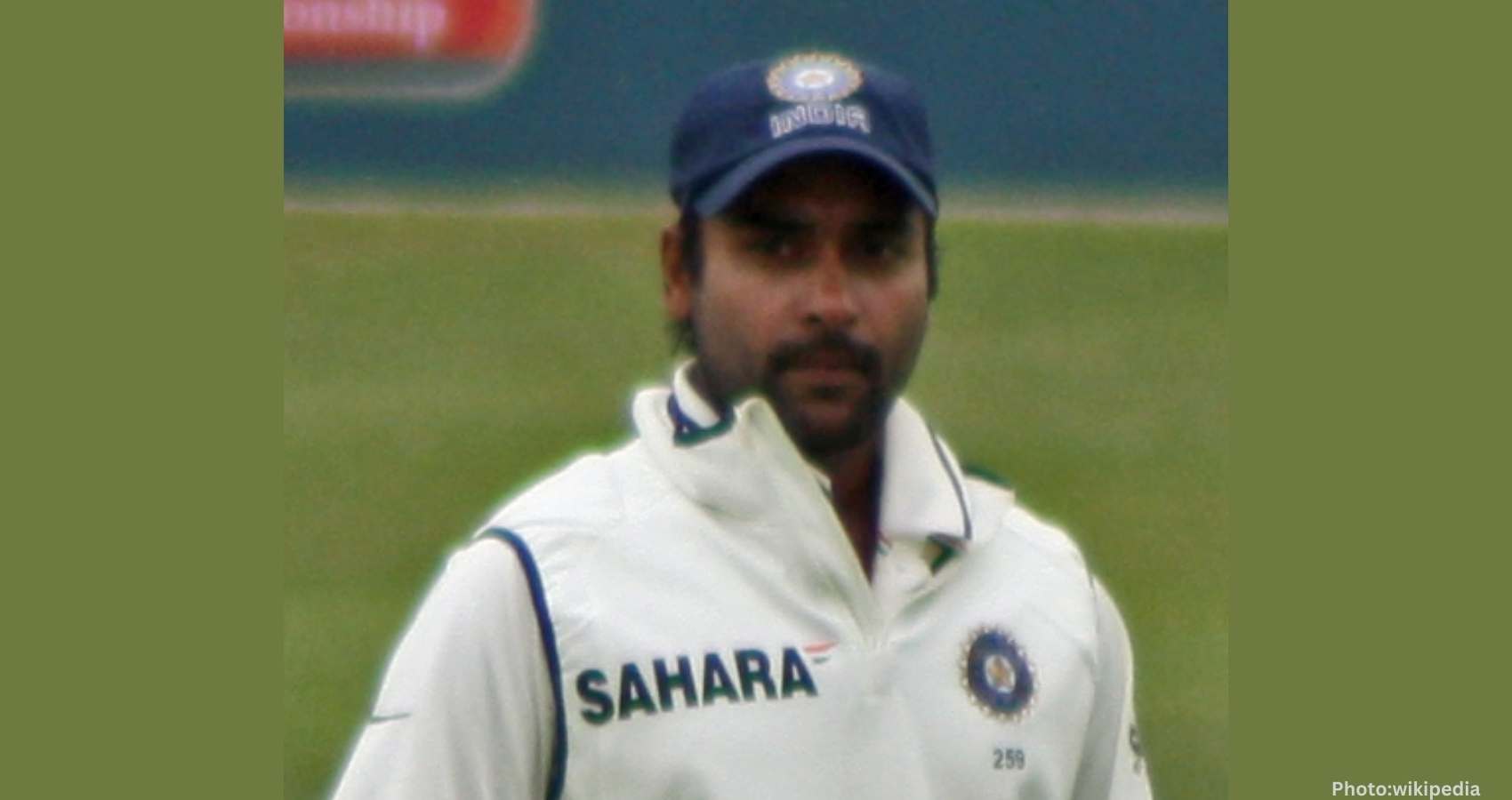The Girlfriend, a Telugu film directed by Rahul Ravindran, explores the unsettling dynamics of obsession disguised as love, resonating deeply with many women’s experiences.
Some movies linger in the mind due to their cleverness, beauty, or boldness. However, *The Girlfriend* (2025) remains with viewers because it feels uncomfortably familiar, intruding into the private spaces we often keep locked. For many women, this film is not merely fiction; it is a reflection of lived experiences. Written and directed by Rahul Ravindran, the Telugu film masquerades as a love story but serves as a psychological examination of the confusion between obsession and love, all while society cheers on the gradual fading of women’s identities.
The film introduces us to Bhooma Devi, portrayed by Rashmika Mandanna, who meets Vikram, played by Dheekshith Shetty, on a college campus. Bhooma hails from a small village where she was raised under strict restrictions, making her first foray into independence a significant moment in her life. She is kind, curious, and eager to navigate her new surroundings, but Vikram misinterprets her openness as romantic interest.
Vikram is not immediately presented as a villain. He embodies the archetype of the charming, confident college stud—the kind of guy everyone admires and other girls desire. He is suave and aware of his attractiveness, often disguising his opinions as intellectual insights. Society applauds him, leading to the unsettling question: if he chooses you, shouldn’t you feel grateful?
While Vikram never raises his voice or resorts to physical violence, his condescending compliments and manipulative logic create a stifling environment for Bhooma. He praises her brilliance but frequently interrupts her. He expresses support for her ambitions yet fails to engage meaningfully with them. Over time, Bhooma begins to shrink; her laughter fades, and her joy dims.
Eventually, the situation reaches a breaking point, but because Vikram’s behavior lacks overt aggression, it escapes the label of abuse—at least in his eyes and those of society.
What makes *The Girlfriend* particularly impactful is not just Vikram’s character but the societal backdrop that perpetuates such dynamics. For decades, Telugu cinema has romanticized behaviors that are, in reality, harmful. The notion that a man’s persistence in pursuing a woman, even after she has expressed disinterest, is framed as romantic. Stalking is often portrayed as a form of love, and discomfort is rewritten as desire. This cultural narrative has been internalized by many before they were old enough to question it.
Films like *Arjun Reddy* have played a significant role in this normalization of toxic masculinity. While not the originator of such themes, it packaged them attractively, featuring great music and high production values. The film centers on a man whose obsession and volatility are framed as profound love, excusing his abusive behavior as passion. This glorification of harmful actions teaches men that their rage is understandable and women that enduring it equates to love.
*The Girlfriend* enters this cultural space and quietly asserts a different narrative. Vikram, while soft-spoken and reasonable, presents a future that is predetermined—marriage, children, stability—always on his terms. Bhooma’s achievements are acknowledged but never celebrated independently; they are merely folded into a future where she exists as an extension of him. Her ambitions are treated as fleeting phases, cute stories she will eventually outgrow.
This is how control persists—not through overt force but through affection laden with conditions. The film poignantly illustrates that emotional harm does not require violence; it only needs repetition. A thousand small moments can lead to a gradual erosion of one’s voice, where maintaining peace becomes more important than expressing oneself.
Rather than presenting a dramatic confrontation, *The Girlfriend* depicts Bhooma’s rebellion as a quieter realization. She recognizes that the life laid out for her is not one she has chosen, prompting her to leave. This choice is significant, especially in a culture that encourages women to adjust, compromise, and endure. In a world where sacrifice is glorified, choosing oneself is framed not as a triumph but as an act of survival, which feels profoundly honest.
While the film has its weaknesses—Bhooma’s character can appear overly passive for extended periods, and her transition to clarity may seem abrupt—it is Rashmika’s performance that carries the weight of this silence. Her portrayal exudes a weariness that resonates deeply. Dheekshith Shetty’s performance as Vikram is disturbingly convincing; he is not monstrous but rather familiar, which adds to the film’s unsettling nature.
*The Girlfriend* ultimately poses uncomfortable questions: Why do we continue to normalize such behaviors? Why do we celebrate men who struggle with a woman’s autonomy? Why is control, when cloaked in charm, still praised? Why are women taught that being chosen is more important than choosing themselves?
This film does not offer easy answers; instead, it holds up a mirror to society. For anyone who has experienced a relationship where love felt like walking on eggshells, where care came with strings attached, and where one’s world gradually shrank, *The Girlfriend* will resonate profoundly.
Though not without its flaws, *The Girlfriend* is a necessary addition to a cinematic landscape that has long romanticized behaviors that should be questioned. By choosing to sit with discomfort, it accomplishes something brave and essential.
*The Girlfriend* is now streaming on Netflix.
According to India Currents.



